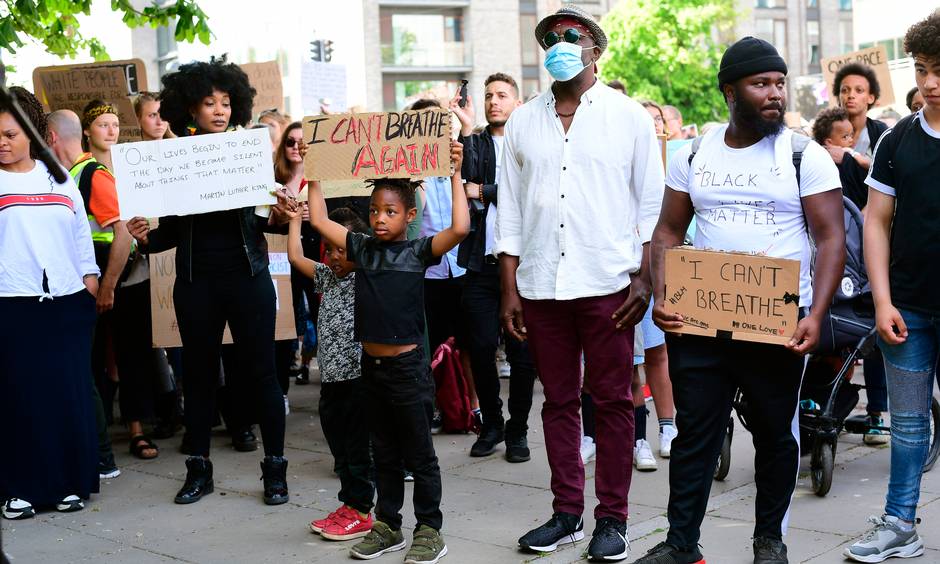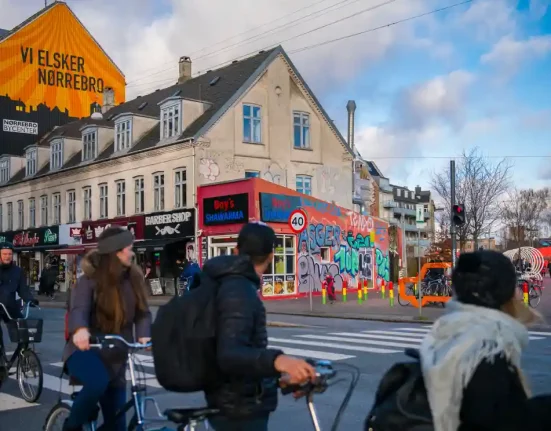Denmark has a strong record of refusing to discuss discrimination and ignoring that institutional racism has been a significant barrier for ethnic minority groups. The strings of systemic racism in Denmark started to visible after George Floyd Murder
George Floyd Murder and Systemic Racism In Denmark
The killing of George Floyd, 46, in Minneapolis on May 25, 2020, was a tragic event. Still, it also provided an opportunity for the world’s loving and intellectual people to rise and look at the reality of the precarious circumstances they locate themselves in today. The world is finally responding to the demands for equal treatment.
Tragically, Denmark has a rich history of refusing to discuss racism. We have rejected how institutional racism has been a massive barrier for so many ethnic minority groups in the labor force and the educational system, among other things, since prejudice has been a taboo issue. A few on the extreme right, particularly those associated with the Danish People’s Party, openly reject that racism does exist in Denmark.
Public Perception of Racism in Denmark
According to a new Megaphone poll conducted for Politiken and TV2, 51% of participants believe that racism is a prevalent issue in Denmark. In comparison, over a third of the participants, 32%, indicated they absolutely or somewhat believed racism is every day.
Each effort to introduce racism on the social and cultural action plan in Denmark has become so entangled in one’s party allegiance, hateful speech, nationalistic, racial heritage, and ethnic superiority that any initiative to do so always winds up as a slight wave in the mighty river of discussion in the mainstream press, in the legislature, as well as among scholars.
It occurs all the time, whether that’s a minority teenager being denied entry to a disco, a position being dismissed to a highly competent lady wearing a hijab, a law school graduate being prohibited housing since he has a full beard, or a patient refusing to see a physician of color.
Elements Fueling Racist Agenda in Denmark
Racism, discriminatory language, behaviors, and laws are all part of everyday life, feeding prejudice and hate. Racism and discrimination have mental, spiritual, and societal implications for individuals subjected to it and those who witness it. The process has had such far-reaching consequences that 130 psychologists submitted an essay detailing how, via their therapy encounters, they discovered that several years of hostile discussion tone, everyday experiences of racism, and strict immigration policies were among their clients.
However, when it comes to genuinely confronting systemic racism in Denmark, few individuals wish to do so since this would expose the existence of racism structurally, politically, economically, and on the street. We all know who intentionally or unintentionally participates in it.
An Undeniable Fact
The existence of systemic racism is undeniable. For racial minorities, it shows every day as we line at the grocery, take a train or bus seats on our way back from work, or stroll in the playground. The admission that there is a truth beyond the lines of the white majority is a necessity for a serious discourse on the matter.
The Committee on the Rights of Systematic Racism reviewed Denmark’s cumulative 20-24 periodic reports. Its analysts posed concerns regarding migrant accommodation and integration, hateful speech, and violent acts.








